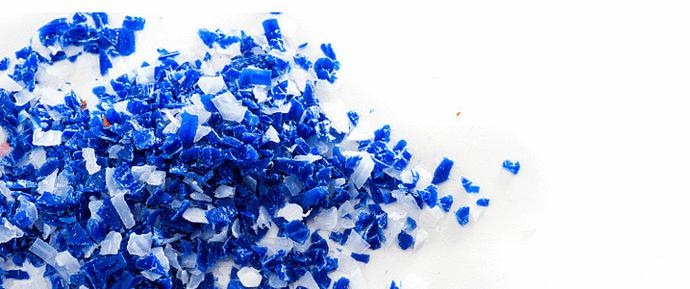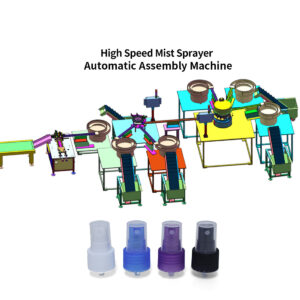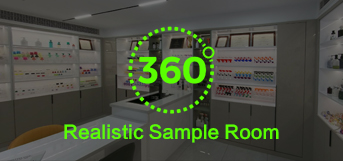PCR: Post Consumer Recycled
Explanation: (post-consumer recycling) is to prevent the waste plastics such as mineral water bottles, CDs, electrical enclosures and other waste plastics that are consumed in daily life from becoming domestic waste, which is recycled and granulated for reuse.

The general process is:
Pretreatment (dismantling, sorting, cleaning), crushing, melting, wire drawing and pelletizing

What is GRS certified PCR material
The Global Recycling Standard (GRS) is promoted by Textile Exchange, one of the foremost non-profit organizations promoting international responsibility and sustainability in the textile industry. According to this standard, Textile Exchange recognizes that recycling is essential for the development of sustainable production and consumption patterns; it aims to encourage the reduction of resource consumption (virgin raw materials, water and energy) and improve the quality of recycled products. The GRS prescribes the question of an environmental claim verified by a third party to provide evidence of:
Content of recycled material in products (intermediate and finished products)
Comply with environmental and social standards in all sectors of the production chain. All products consisting of at least 20% pre-consumer and post-consumer recycled materials can be GRS certified. GRS standards cover the following areas: the composition of the product and the content of recycled materials, maintaining traceability throughout the production process, and restricting the use of chemicals.
Compliance with relevant environmental standards that may be involved: water supply, wastewater discharge, and drainage, energy recovery (use of selected wastes, release of pollutants into the air, production and management of wastes, soil and groundwater pollution, hazardous substances, preparations and materials management, noise emission, emergency management.
Thaum tam sim no, China has become a veritable synthetic resin producer, importer and consumer in the world. The Chinese government has also made building a circular economy and a conservation-oriented society its basic national policy, and saving resources and protecting the environment has become the common responsibility of the whole society. While encouraging resource recycling, the government has also strengthened environmental monitoring of resource recovery and recycling industries.
Usually, people call the waste plastics produced after circulation, consumption and use as post-consumer plastics (ie Post Consumer Recycling, PCR for short).
The recycling of post-consumer plastics can turn industrial waste into extremely valuable industrial production raw materials, and realize resource regeneration and recycling.
China’s plastic recycling industry has the largest scale in the world.

The recycling of waste plastics is an important measure to save energy and protect the environment.
Relevant data show that my country’s plastic products industry has developed rapidly over the years. At the same time, there is a shortage of plastic raw materials, and the import volume has increased. tiam sis, the recycling rate of waste plastics is very low. The industrial structure needs to be adjusted urgently. The recycling of waste plastics has become the key to the entire recycling industry chain, and it is also a high-tech and profitable link in the entire industry.
In terms of resource utilization, recycling 1 ton of waste plastics is equivalent to saving 6 tons of petroleum resources.











